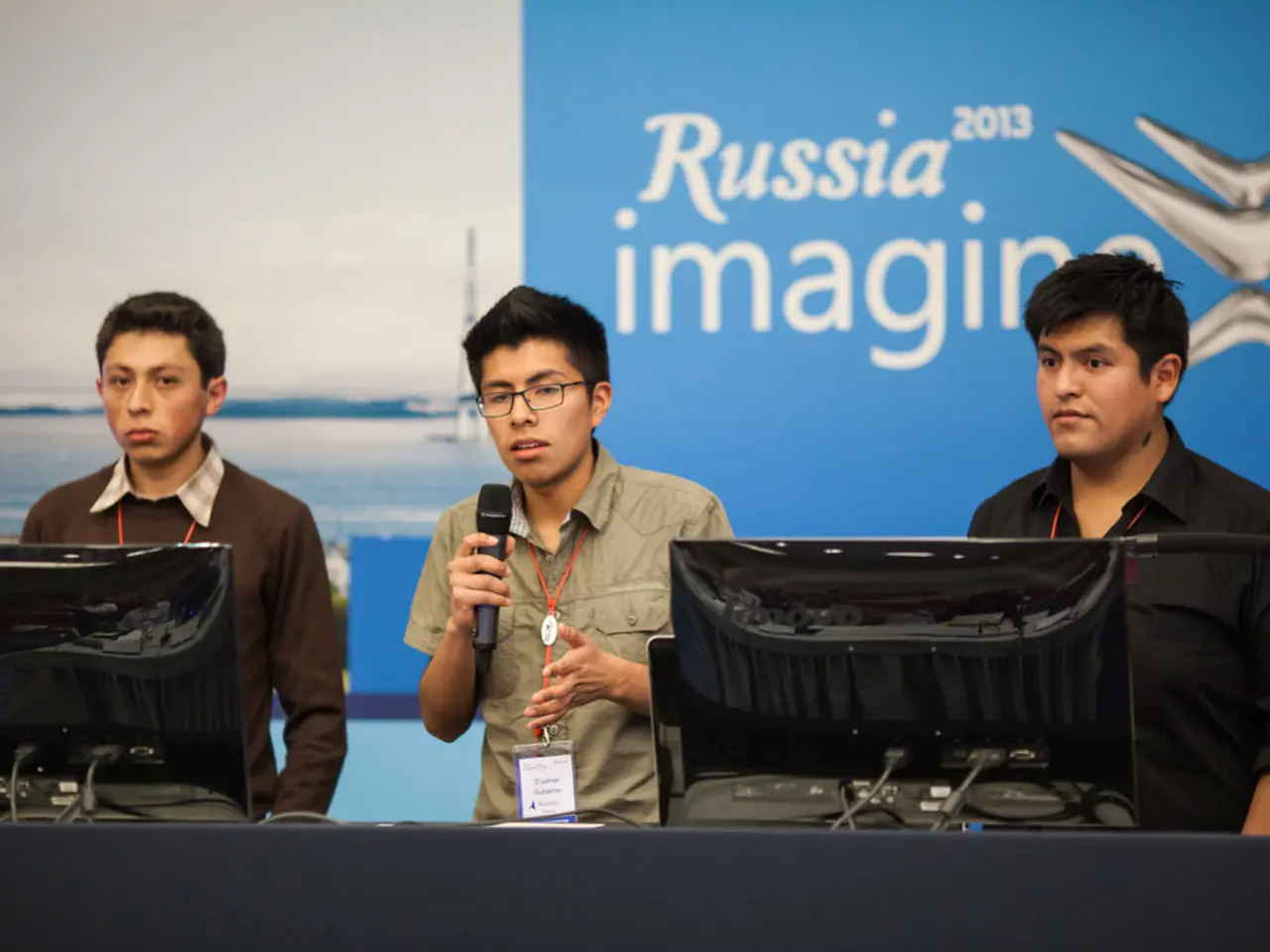Progress in Alaska negotiations appears encouraging to the President, yet tangible indications of peace advancements still elusive.
Headline: Diplomatic Efforts for Ukraine Ceasefire and Peace Agreement Face Challenges
The ongoing diplomatic efforts towards a ceasefire and peace agreement between Russia and Ukraine are marked by stalled negotiations and tough demands from Moscow. As of early August 2025, Russian officials have demanded Ukraine cede strategically important unoccupied territories in Donetsk Oblast, along with all of Luhansk and Crimea, as conditions for a ceasefire. However, Ukraine and its European allies have not agreed to these terms, and the prospects of Russia withdrawing or seriously committing to freeze lines are uncertain.
The White House announced an imminent high-level meeting between U.S. President Donald Trump and President Putin, framed as a last attempt to push Moscow toward a ceasefire deal with Kyiv. Despite setting a deadline of August 8, 2025, for such an agreement, analysis suggests Russia currently has little economic or strategic incentive to halt its military campaign, with estimates indicating Russia could sustain the war for at least three more years without dramatic economic collapse.
Observers remain pessimistic about successful peace talks given Russia’s continuing military offensives and rigid territorial demands. European nations supporting Ukraine emphasize the necessity of security guarantees for Ukraine, but Russia has balked at these proposals, further complicating prospects for agreement. Experts warn that even if a ceasefire is agreed upon, Russian forces have a strong probability of violating any such agreement and resuming aggression, making enforcement and verification critical concerns.
Latvia, a supporter of Ukraine within the EU and NATO, will continue to advocate for political, diplomatic, and sanctions pressure against Russia until a real agreement on peace is reached. Latvian President Edgars Rinkevics commented on the meeting between Trump and Putin in Alaska, viewing it as one element of a broader process aimed at achieving a lasting and just peace in Ukraine. The "coalition of the willing," which includes the UK, Germany, France, Poland, Finland, Italy, and the President of the European Commission, is also involved in these efforts.
Rinkevics appreciates the efforts of the international community and the US in this process. He predicts that the coming week will see a lot of political and diplomatic activity, with the US Administration and the President consulting widely with European leaders and the President of Ukraine about the next steps. Despite the challenges, Rinkevics remains hopeful that a broader agreement and a peace agreement can be reached, with the US side's involvement and military guarantees not excluded if such an agreement is reached. However, the process will still face many complications and complexities.
- The diplomatic efforts for a ceasefire and peace agreement between Russia and Ukraine, amidst war-and-conflicts, are heavily influenced by the politics surrounding the issue, as evidenced by the tough demands from Russia and reluctance from Ukraine to concede territories.
- The ongoing war-and-conflicts in Ukraine, being a focal point of general-news, remains a subject of intense political negotiations and diplomatic maneuvers, with experts warning of the potential for violations of any agreed upon ceasefire, emphasizing the need for enforcement and verification.







